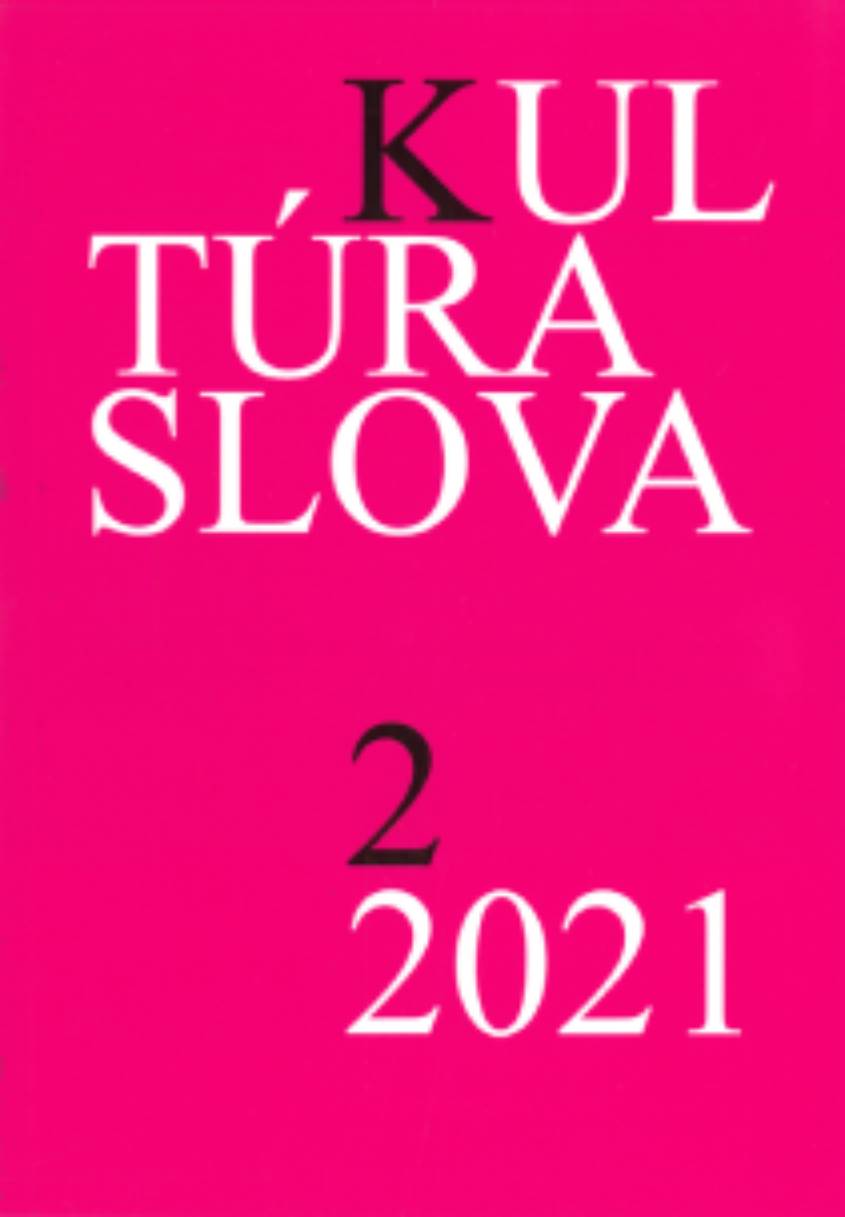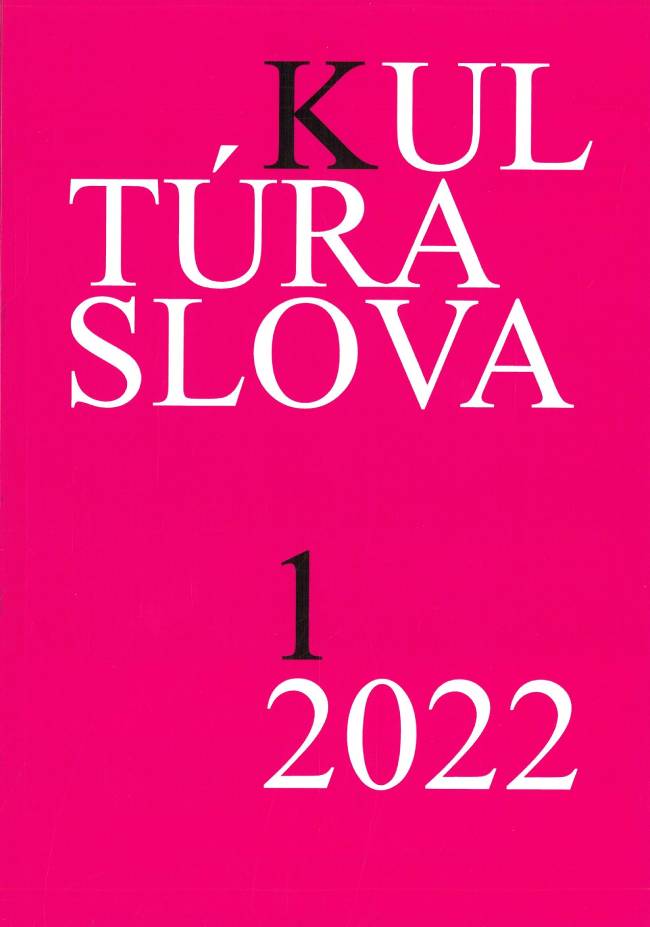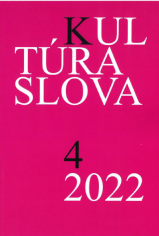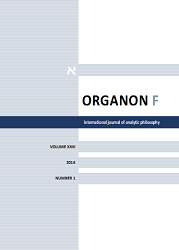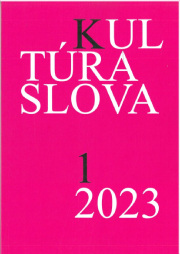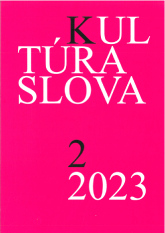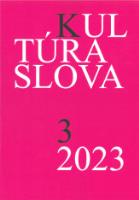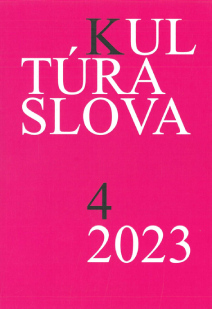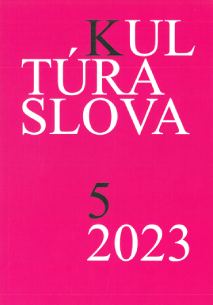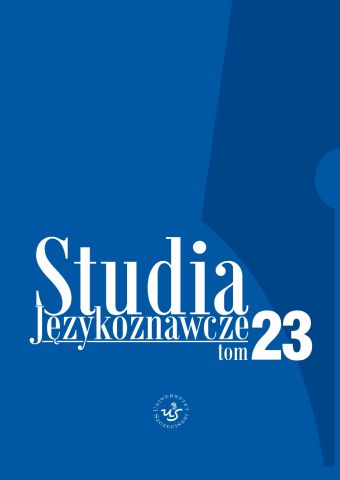
Anti-Realism about Fictional Names at Work: A New Theory for Metafictional Sentences
In this article, I contribute to ongoing debates about the status of fictional names. The main debate in the philosophy of language focuses on whether fictional names should be thought of as non-referring terms (this is anti-realism) or referring terms (this is realism). This debate corresponds to a debate in metaphysics about the ontological status of fictional characters: the anti-realist claim that fictional characters do not exist while the realist say that they do exist in some sense. Although anti-realism is pre-theoretically intuitive, it has been challenged by a powerful argument in favour of realism based on so-called “metafictional” uses of fictional terms. This argument puts a lot of pressure on the anti-realist, for they have to come up with a theory of metafictional sentences which is in keeping with the anti-realist central tenet. I show that the existing anti-realist account of metafictional statements is wrong-headed. I thus propose a new one. In doing so, I hope to free the anti-realist from the realist pressure. However, I do not offer any argument against realism. Consequently, I merely claim that anti-realism be a live option. My modest proposal will, perhaps, make anti-realism more attractive than it is today among philosophers of language.
More...
